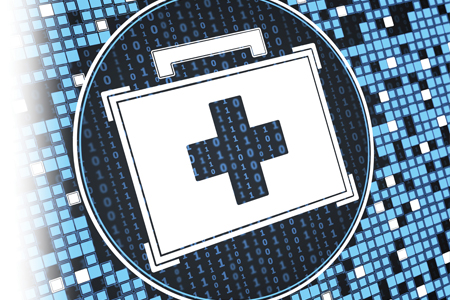September/October 2014 HITO Issue
| From The Editor |
|
The latest delay will prompt healthcare providers to put ICD-10 on the back burner and focus instead on more pressing initiatives like Meaningful Use. |
|
|
|
Feature Story
According to our fourth annual Community Hospital Health IT Survey, MU is creating a new breed of unique challenges for small, rural hospitals — challenges that may require drastic changes to address. |
|
|
|
Roundtable Transform Healthcare With Social Media Patient privacy concerns have kept many healthcare providers from seriously pursuing a social media strategy. However, leveraging these tools effectively can have a profound impact on patient communication and engagement. |
|
|
| Case Studies
Clinicians Lead The Charge For Secure Messaging Concerned that SMS texting could put patient data at risk, Covenant Medical Group clinicians spearheaded an effort to install a HIPAA-compliant unified communications solution that has resulted in better, and more secure, care coordination.
Using HIPAA-compliant electronic document exchange, Scripps Mercy Surgery Pavilion improved referral accuracy and staff productivity. ECM Elevates Hospital’s Documentation Capabilities A new ECM solution helped Skagit Valley Hospital consolidate important document images and facilitate access, improving staff productivity. Q&A's
Reducing Readmissions With Remote Monitoring By deploying remote monitoring technology to patients with congestive heart failure, VNA Rockford has cut its hospital readmissions by nearly one-third. Analytics Improve Cardiac Diagnosis, Speed, And Accuracy In a recent pilot study, cardiac specialists have started leveraging data analytics technology to differentiate two commonly misdiagnosed cardiac conditions and improve diagnosis accuracy. |









